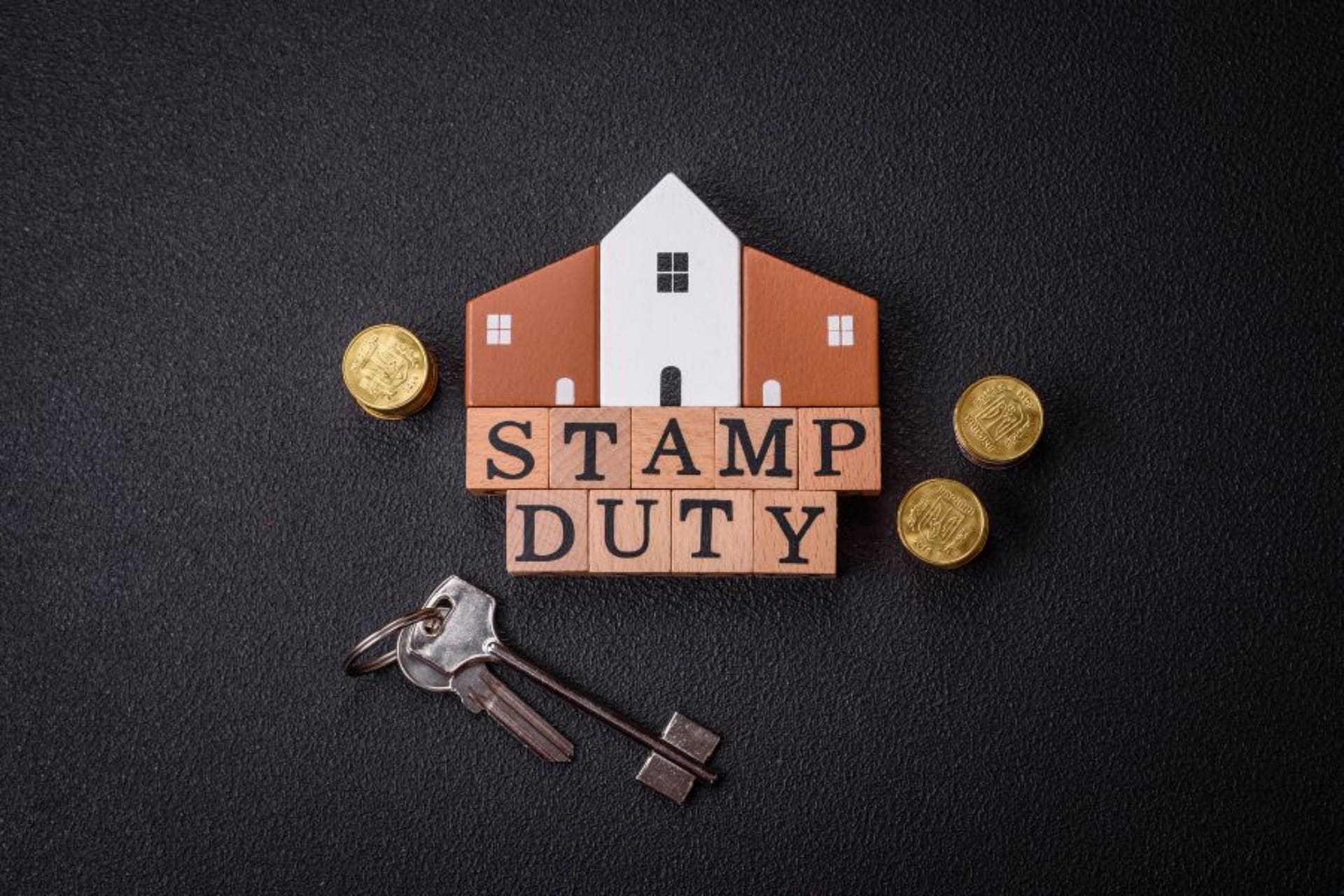Stuck in a space that’s killing your vibe? Are you dreaming of an HQ that screams success? Hold onto your hard hat because it’s time to make that dream a reality!
Buying a property for your business is a big move that sets the stage for future growth. This guide unveils 5 essential tips to help you understand the process without the legalese headaches. Get ready to unlock the perfect space for your thriving business.
So, say goodbye to that fluorescent-lit dungeon and hello to a space that fuels your ambition. Let’s turn bricks and mortar into the foundation of your business dreams.
Table of Contents
Toggle#1) Understand Your Business Needs
Before diving into the real estate market, it’s crucial to understand what your business requires from a property. This involves assessing the size, location, and type of property that aligns with your operational needs and growth projections.
Consider factors like customer accessibility, number of employees, proximity to suppliers, and the need for visibility or privacy. Analysing your business’s current and future needs will help you identify a property that suits your immediate requirements and offers flexibility for expansion or modification as your business evolves.
This strategic approach will ensure that your investment supports your business objectives in the long term, enhancing efficiency and profitability.
#2) Location Analysis
When considering a property for your business, conducting a thorough location analysis and local mapping are paramount. This step goes beyond simply choosing a place; it’s about understanding how the location aligns with your business strategy, customer base, and operational efficiency.
Here are some critical sub-topics to consider in your location analysis:
- Market Demographics: Investigate the area’s population, including age, income levels, and consumer behaviors. Understanding who lives there will help you assess whether the location is suitable for your target market.
- Accessibility and Visibility: Evaluate how easy it is for customers, employees, and suppliers to access the property. High visibility from main roads can be crucial for retail businesses, while accessibility might be more about transport links for others.
- Competition Analysis: Look into the competition in the area. Being close to competitors can be beneficial in high-traffic retail environments, but for other types of businesses, it may be more advantageous to find a location with fewer direct competitors.
- Local Zoning Laws: Familiarise yourself with the local zoning regulations to ensure your business can legally operate in the chosen location. This also includes understanding any future zoning plans that could affect your business.
- Infrastructure and Services: Assess the availability and quality of local infrastructure and services, such as internet connectivity, utilities, public transport, and other amenities that are crucial for your operations and for attracting employees.
- Future Development Plans: Research any planned developments or investments in the area that could impact property values, traffic patterns, and the overall attractiveness of the location for your business.
By addressing these sub-topics, you’ll understand how well a potential location meets your business needs, helping to ensure a strategic and informed property purchase decision.
Also read: The Significance of Freehold in Business Acquisition
#3) Financial Planning and Budgeting
Financial planning and budgeting form the backbone of a successful property purchase for business. This process involves several key steps:
- Budget Setting: Determine your budget based on your business’s financial health and projected cash flow. Remember to account for additional costs such as renovations, furniture, equipment, and moving expenses.
- Financing Options: Explore various financing options, including loans, mortgages, and investment capital. Compare interest rates, repayment terms, and any applicable fees.
- Return on Investment (ROI) Analysis: Calculate the potential return on investment, considering the property’s purchase price, operational costs, and expected revenue growth from the new location.
- Tax Implications: Understand the tax implications of your property purchase, including property taxes, deductions for business expenses, and any available tax credits for commercial property owners.
- Contingency Planning: Set aside a portion of your budget for unforeseen expenses. A contingency fund can help manage unexpected costs without jeopardising your financial stability.
These detailed steps in location analysis and financial planning and budgeting are essential to making an informed and strategic property purchase decision for your business.
#4) Conduct Thorough Due Diligence
Due diligence is a critical step in the property purchasing process, ensuring that you fully understand the condition, value, and potential liabilities of the property before finalising the purchase.
This phase involves a series of investigations and assessments to mitigate risks and make an informed decision. Key areas of focus should include:
- Property Inspection: Hire a professional inspector to evaluate the property’s structural integrity, systems (electrical, plumbing, HVAC), and overall condition. This can help identify any necessary repairs or maintenance issues.
- Legal Compliance: Ensure the property complies with all local zoning laws, building codes, and regulations. This may involve verifying land use rights, occupancy permits, and any restrictions affecting your business operations.
- Environmental Assessments: Conduct environmental assessments to identify potential contamination or hazardous materials on the property. This is crucial for avoiding future liability and ensuring your employees’ and customers’ health and safety.
- Title and Ownership Verification: Verify the property’s title to ensure there are no liens, disputes, or legal encumbrances that could complicate the purchase.
- Market and Neighborhood Analysis: Evaluate the property’s location in terms of market trends, neighborhood development plans, and demographic shifts. This can provide insights into the property’s potential for appreciation and suitability for your business needs.
Thorough due diligence helps you identify any potential issues or costs associated with the property, allowing you to negotiate terms, request repairs, or even reconsider the purchase if significant problems are found.
#5) Seek Professional Advice
Navigating the complexities of purchasing a property for business use requires expertise beyond a basic understanding of real estate. Seeking professional advice from a well-versed conveyancer is not just a precaution; it’s a strategic move that can save you time, money, and legal headaches.
Ready to Secure Your Business Future with the Right Property?
Embarking on the journey of purchasing a property for your business is a pivotal step towards securing your company’s future. CJC Law guides you through the maze of legalities, ensuring a smooth, informed, and beneficial acquisition.
With our expert advice, you’ll confidently navigate the complexities of commercial real estate. Don’t leave your business’s future to chance. Reach out to CJC Law today and make your next big move with assurance. Your successful property purchase is just a consultation away.




